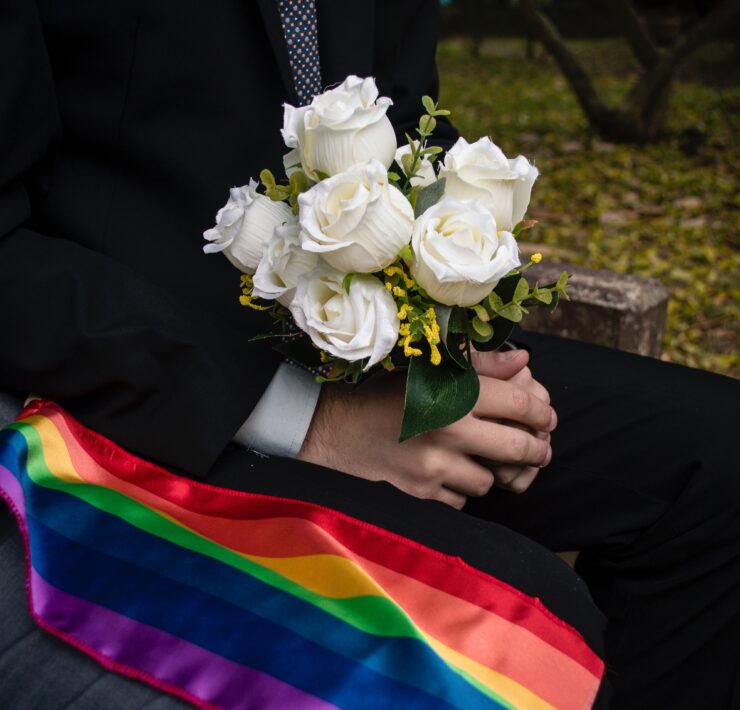New Poll Takes America’s Pulse on Nondiscrimination Laws

Intersectionality, accessibility, and squashing the sexist, patriarchal norms through queer…
Out of 40,000 Americans nationwide, how many would you guess are in support of LGBTQ nondiscrimination laws? The numbers may actually surprise you.
PRRI, a non-partisan and non-profit research organization, has released its annual report that analyzes the pulse of the people. When it comes to support of laws that would protect LGBTQ people from discrimination in jobs, public accommodations, and housing, 69 percent of Americans are in favor of their existence and enforcement.
“It’s a pretty stable, widespread endorsement of these laws and support for these laws,” said Maxine Najle, PRRI Senior Research Associate. She said that an interesting fact that arose from analyzing the data is that a lot of people were under the impression that these laws to protect lesbian, gay, bisexual, and transgender people from discrimination in areas of jobs, public accommodations, and housing are already in place. The truth, however, is that is simply not the case.

“I think it’s important to know where the pulse of the people is,” she said. “To see where people are on the issues and to help inform legislation.”
In fact, legislators often ask these researchers to speak to the results as a way of furthering bills and laws that are currently up for debate. For instance, in cases similar to the Masterpiece Cake Shop debate, there is a question on the poll that specifically addresses religious-based service refusals and people’s support or opposition to that.
The report shows that strong majorities of all religious groups support laws protecting LGBTQ people from various forms of discrimination. While white, evangelical Protestants and Jehovah’s Witnesses, the least likely to be supportive, polled in the low 50 percent range, all religious groups polled are still in favor. While freedom of religion and LGBTQ nondiscrimination supporters are often at odds, only 13 percent of the overall population claim they want to allow the right to service refusals.
As one may expect, coastal and western states were amongst the higher percentages of support versus the southern and midwestern parts of the country. However, the results prove that work still needs to be done in places that are considered more progressive. When Coloradans were asked if they favor or oppose laws that would protect gay, lesbian, bisexual, and transgender people against discrimination in jobs, public accommodations, and housing, 72 percent answered in favor.
How is this information collected and truly representative of all American demographics, including regional placement, religious beliefs, and political affiliation? As part of a national poll by SSRS, all the surveys are done over the phone with numbers chosen at random by an automated digit dialer. PRRI is able to tack on their questions, keeping it in a mix of other questions on a variety of topics.
“Our report writing, our survey development, all of that, we have a nonpartisan model,” Najle said. “We have a firewall where all of our investors don’t get input on the specific question wording, or what we specifically put into our reports, and that’s all designed and decided within PRRI so that we have that political and issue independence and just report out on the opinion.”
The trend will continue to rise upwards year after year.
Age, in addition to religion and geography, appears to be one of the large hiccups in embracing the equality-for-all model. With 76 percent of people ages 18-29 saying they are in support, older Americans ages 65 and older are at just 59 percent in support. As younger generations supporting laws protecting LGBTQ people continue to move the needle in a positive direction, undoubtedly the trend will continue to rise upwards year after year.
What's Your Reaction?
Intersectionality, accessibility, and squashing the sexist, patriarchal norms through queer pearls of wishful wisdom.









